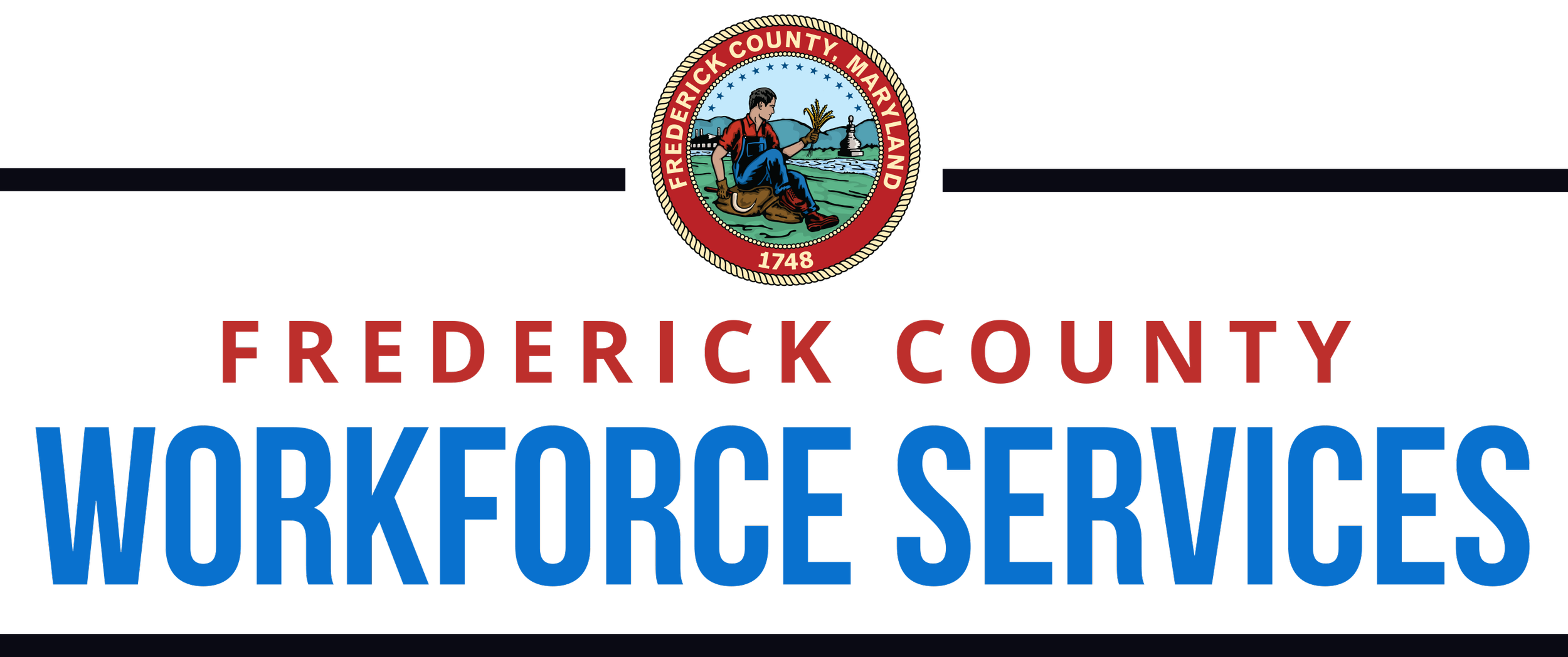Sober Living to Sober Working
By Monty Rivers, Resilient Frederick County at Frederick County Workforce Services
The road to recovery can look very different for every single person. Whether you've chosen SMART recovery, evidence-based or science-based treatment, holistic therapies, or something else, there is no "One Size Fits All" for recovery. However, there are typical milestones on everyone's recovery path, and transitioning from "Sober Living to Sober Working" is one of them. Let's explore some ways to help you prepare for your transition from "Sober Living to Sober Working."
Sober Living
One of the most crucial steps to maintaining healthy sobriety is changing people, places, and things. "If a person hangs around a barbershop long enough, eventually they will get a haircut" is a well-known expression in recovery rooms. Unfortunately, that expression speaks to what happens when we choose not to let go of the people, places, and things that helped drive our active addiction. The concept of sober living focuses on a safe living environment that fosters recovery and personal wellness. A person in a sober environment can grow their life skills, relationship-building techniques, and self-independence. These growth areas easily translate into the subsequent recovery phase, rejoining the workforce and fostering occupational wellness.
Occupational Wellness
According to Genesis Recovery San Diego, "Occupational wellness is the ability to reach a balance between work and personal well-being."
Having a healthy work-life balance is what it's all about here; below are eight examples of occupational wellness.
Eating a healthy meal before work.
Knowing your limits.
Implementing healthy workplace boundaries.
Asking questions.
Not overextending yourself.
Finding healthy activities to engage in outside of the workplace.
Building healthy platonic relationships with co-workers.
Take on new challenges within your skill set.
One of the common mistakes when transitioning from sober living to sober working is diving "headfirst" into employment, all while neglecting personal recovery. Obtaining a "paycheck" generally becomes the priority, while recovery and wellness are on the back burner. This behavior poses a danger to recovery and could lead back to active addiction.
Sober Working
When making this transition, many challenges may arise.
Lack of budgeting your income.
Lack of Time Management.
Prioritizing a career over your recovery.
Overextending yourself at work.
Not implementing workplace boundaries
Reverting to unhealthy people, places, and things.
Don't be alarmed; the best way to approach each challenge, should they come up for you, is to communicate this with someone you trust and develop healthy solutions to help keep you on track. Below are some beneficial tips on how to help you prepare for your new transition.
Make a list of income and expenses each month and create a budget.
Get to bed reasonably and try to stick to a daily routine.
Remember, your wellness comes first. Take time every day for self-care
Know your priorities at work and pause before you commit to anything additional.
Communicate, communicate, communicate.
"No." This is a complete sentence.
Lastly, don't be too hard on yourself! Re-entering the workforce can be scary. So, give yourself a break, and don't worry about navigating this transition perfectly. Instead, lean on those within your network for guidance. Resilient Frederick County has a fantastic team of experienced career specialists who can help you from "Sober Living to Sober Working."
